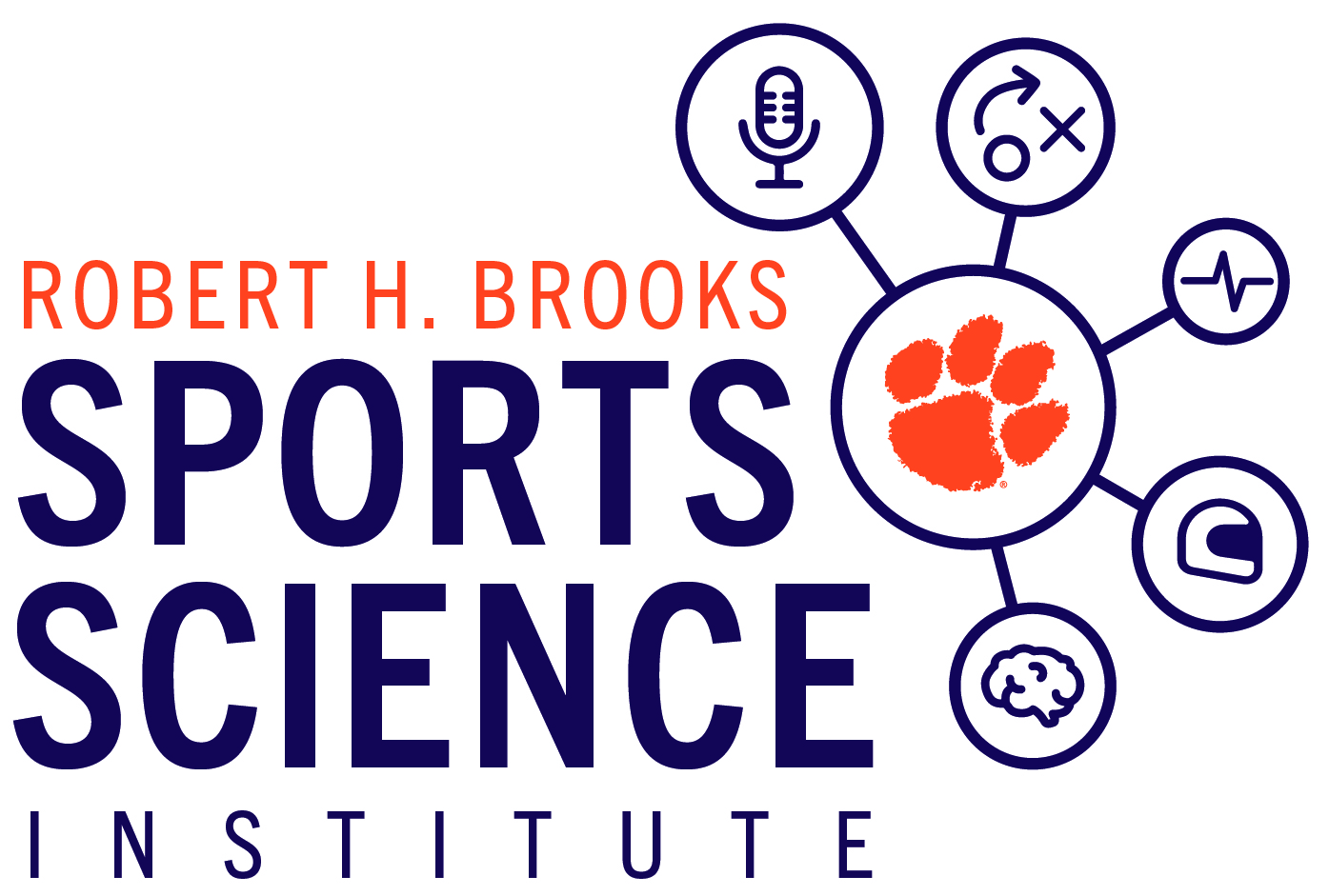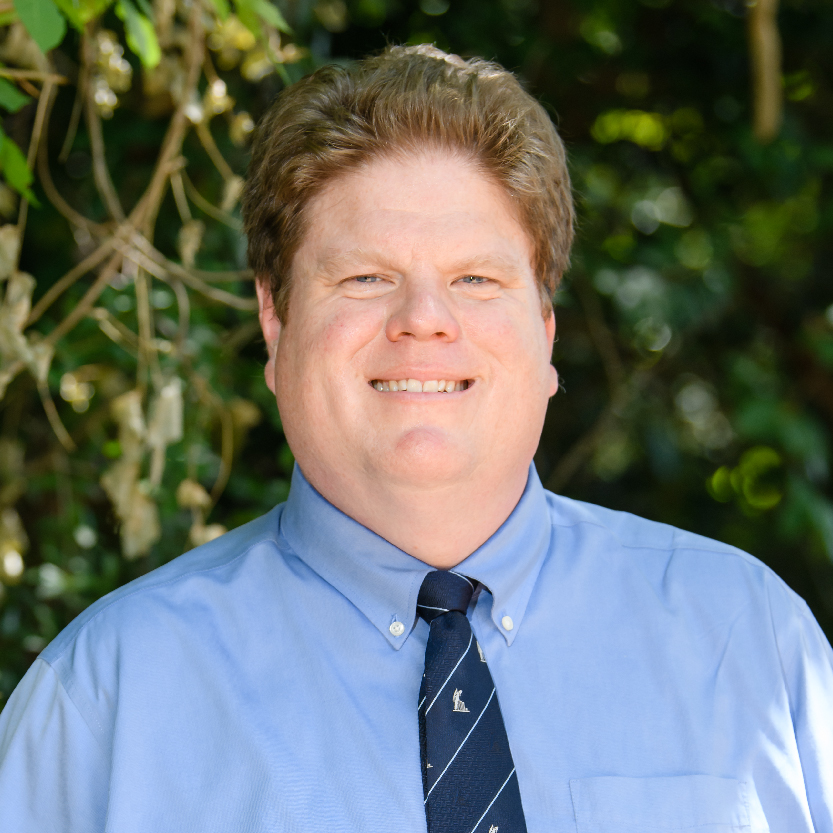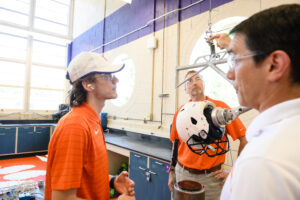
Clemson faculty from any department and discipline are invited to apply for the Robert H. Brooks Sports Science Institute’s seed grant program for the 2024-2025 academic year.
Due in InfoEd by March 29, proposals should aim to accelerate Clemson faculty members’ ability to address significant scientific and societal problems associated with and improve the human condition through sports, broadly defined. The ideal outcome is to achieve nationally and internationally recognized research programs with external funding, significant awards, or scientific products. These efforts should support key areas that align with the Clemson Elevate strategic plan.
RHBSSI seed grant funding is intended to serve as a catalyst to move selected projects to a point that makes them highly competitive submissions for future external funding and impact. By the nature of the targeted funding, successful proposals will likely include multiple faculty members and/or students, multiple disciplines, and perhaps researchers and participants from other institutions, as long as the principal investigator is from Clemson.
Faculty must work with their college-sponsored programs support center to submit their proposals of $30,000 or less through the InfoEd portal in accordance with college-sponsored programs support center procedures. Click here to learn more about the requirements and application process.




